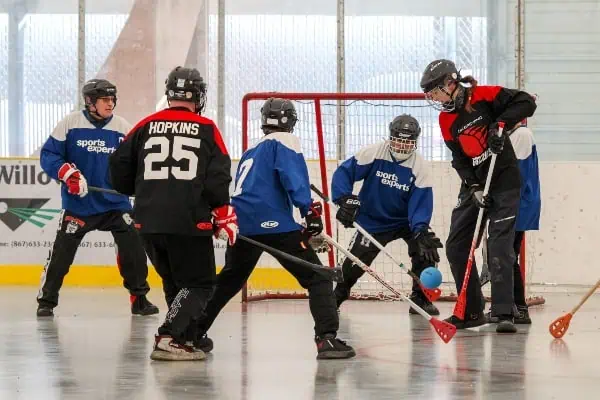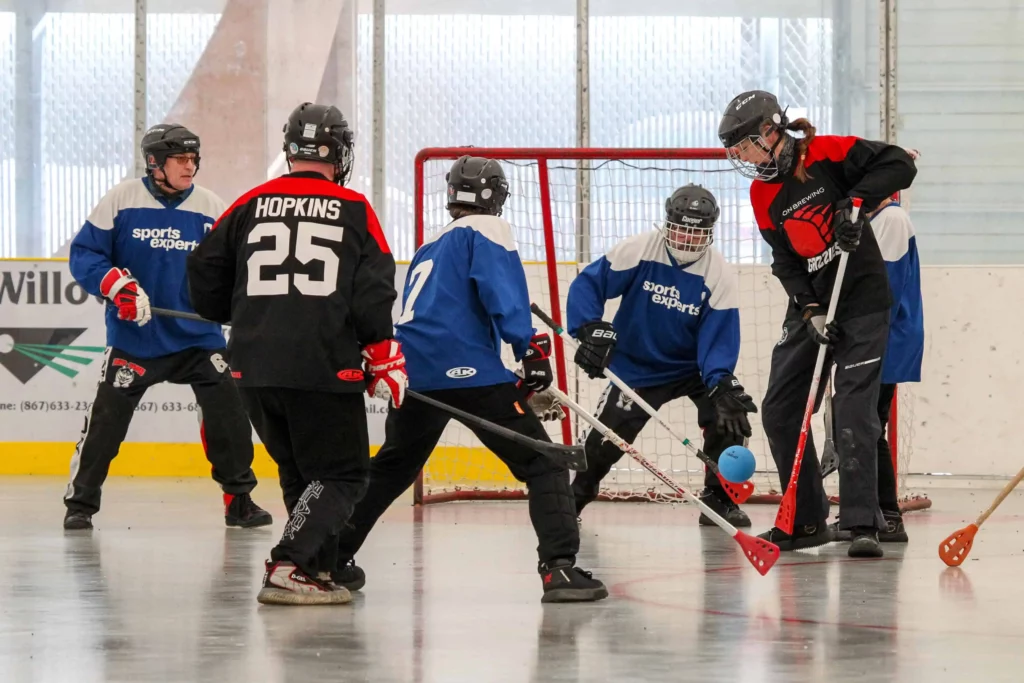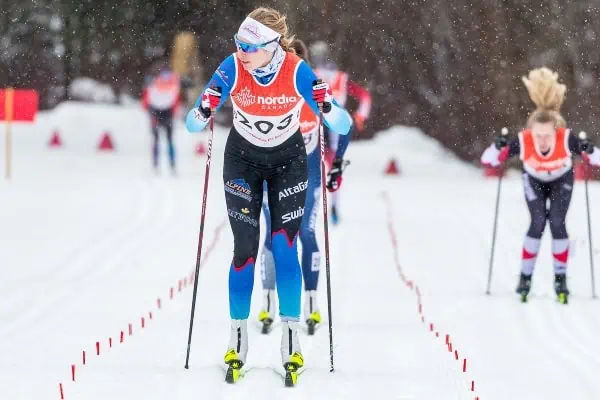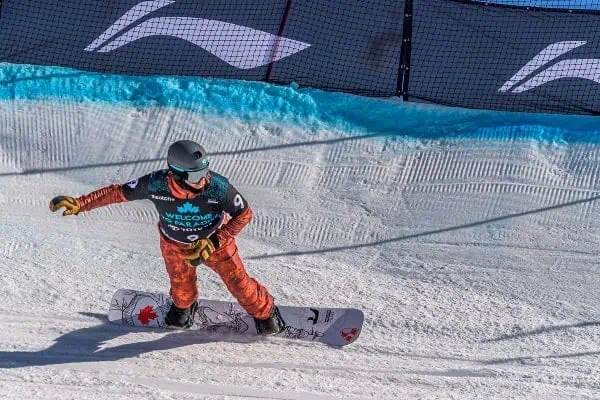On March 8, 2004, in a game between the Colorado Avalanche and the Vancouver Canucks, Todd Bertuzzi punched Steve Moore from behind and then drove his head into the ice.
I was watching TSN on the 10th anniversary of this incident, and they kept playing the clip over and over again.
It was, frankly, sickening.
A decade later, the NHL has made some progress on this front. Hiring Brendan Shanahan as director of player discipline seems to have been a good move. To watch Shanahan, who holds the record for most career “Gordie Howe hat tricks,” dole out punishment for cheap shots in his dry, analytical manner, gives fans hope that the NHL is taking the subject seriously.
Still, hockey players have never been bigger, stronger, and faster than they are now. And their “protective” equipment has never so closely resembled weaponry.
Someday, someone is going to get killed.
Given that, it’s the NHL’s mandate to do everything they can to reduce instances of dangerous, illegal play.
I don’t think we need to shake the foundations of a great game. In some cases, the simplest solutions are the best.
So here’s my idea: make them shake hands after every game.
At present, NHL players shake hands on two occasions; at the end of a playoff series, and after outdoor stadium games; following every other game of the season they never have to look their opponents in the eye.
At the University of Lethbridge I played five seasons with the legendary Trolls Rugby Club. Rugby is every bit as rough as hockey, but there is a key difference. After a hard fought rugby game the two teams tend to party with each other. And if there were questionable plays during the game, a round of beers makes for quick restitution.
I’m not expecting opposing hockey teams to go out for drinks after a game, but it is my supposition that if these armoured warriors know they have to shake hands face-to-face with their adversaries at the end of the game, they will play with more honour during the game.
If my plan has a flaw it is that it puts too much faith in human nature. But I’d rather be naïve than cynical.
The biggest benefit of my plan is that is costs absolutely nothing to try.
Lets ask Steve Moore what he thinks.




